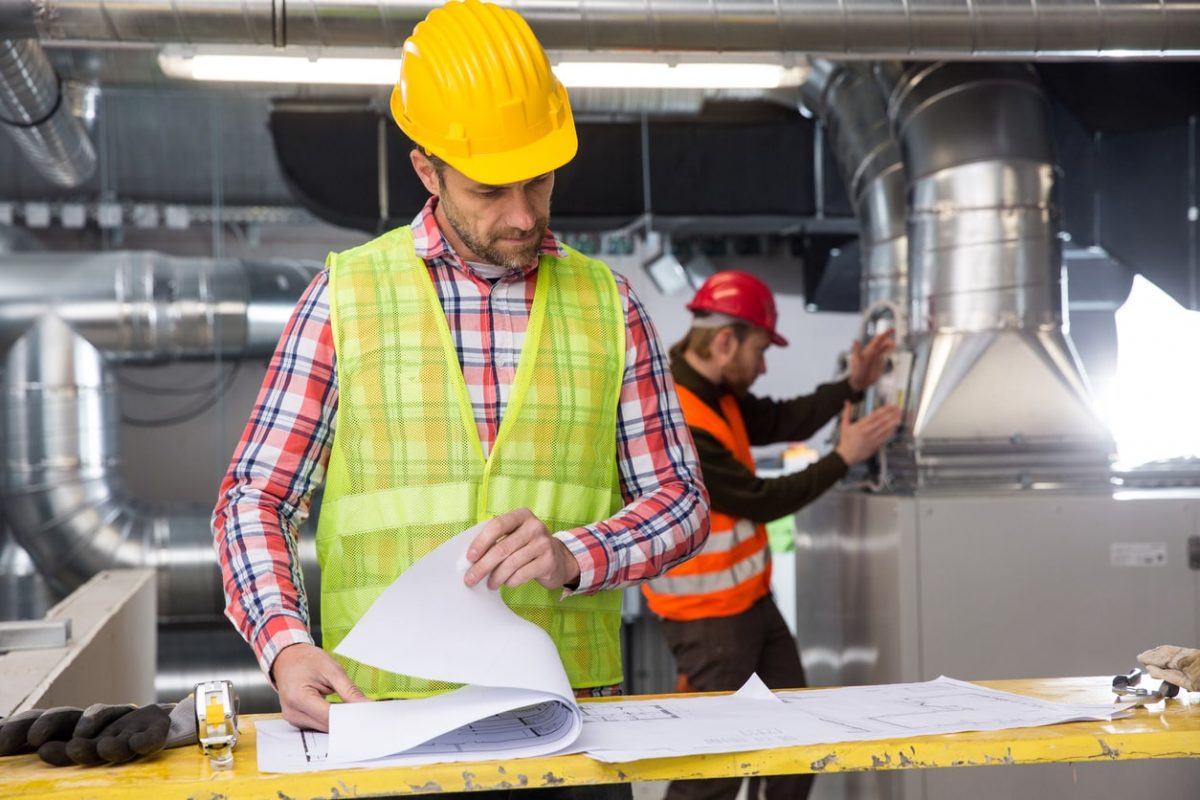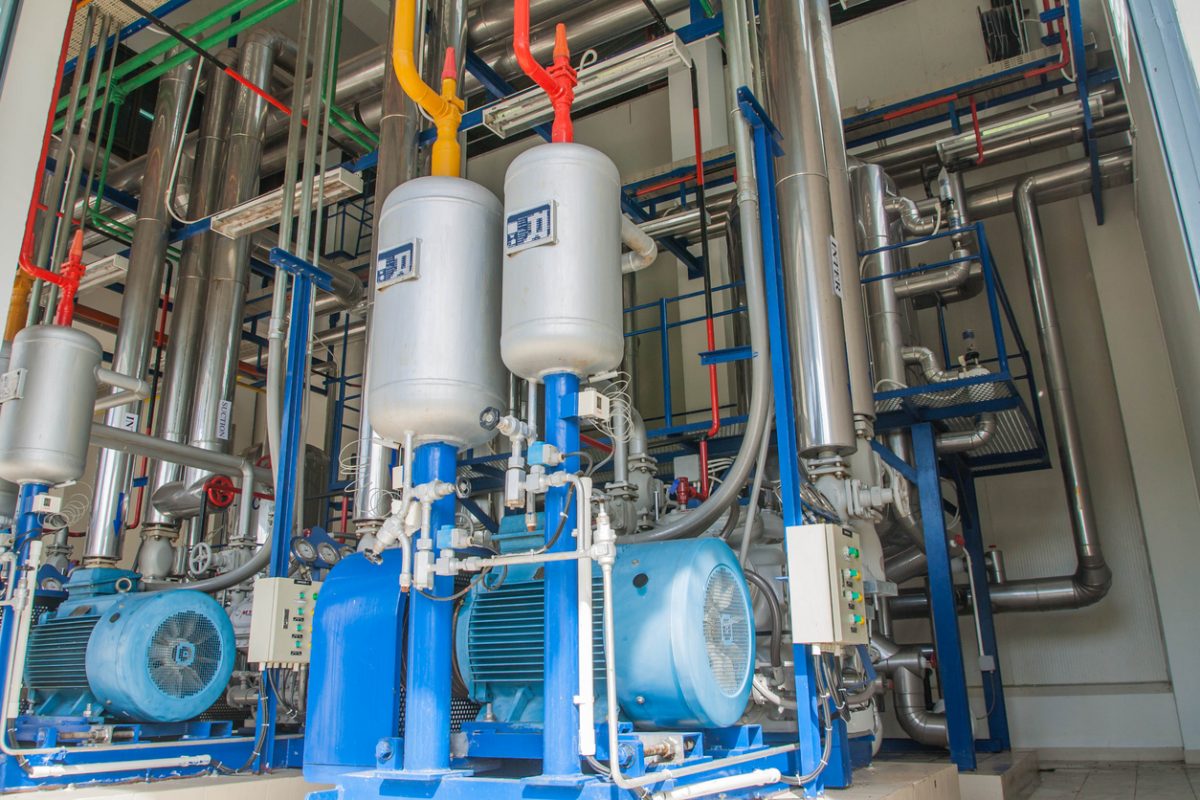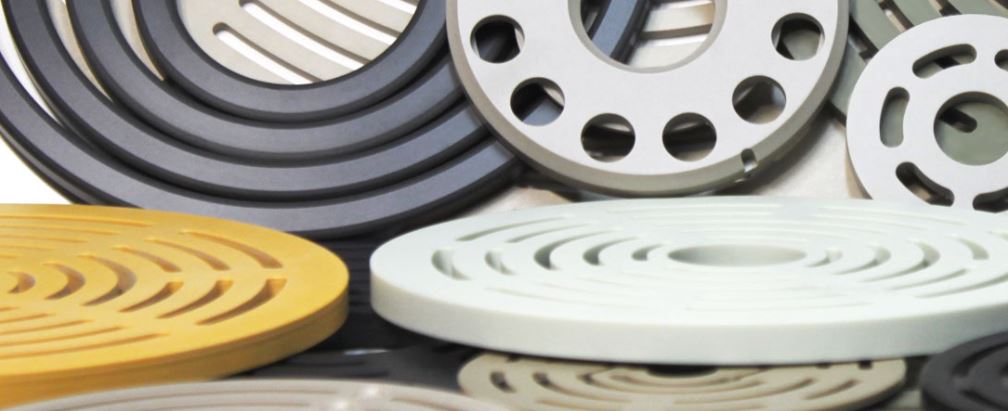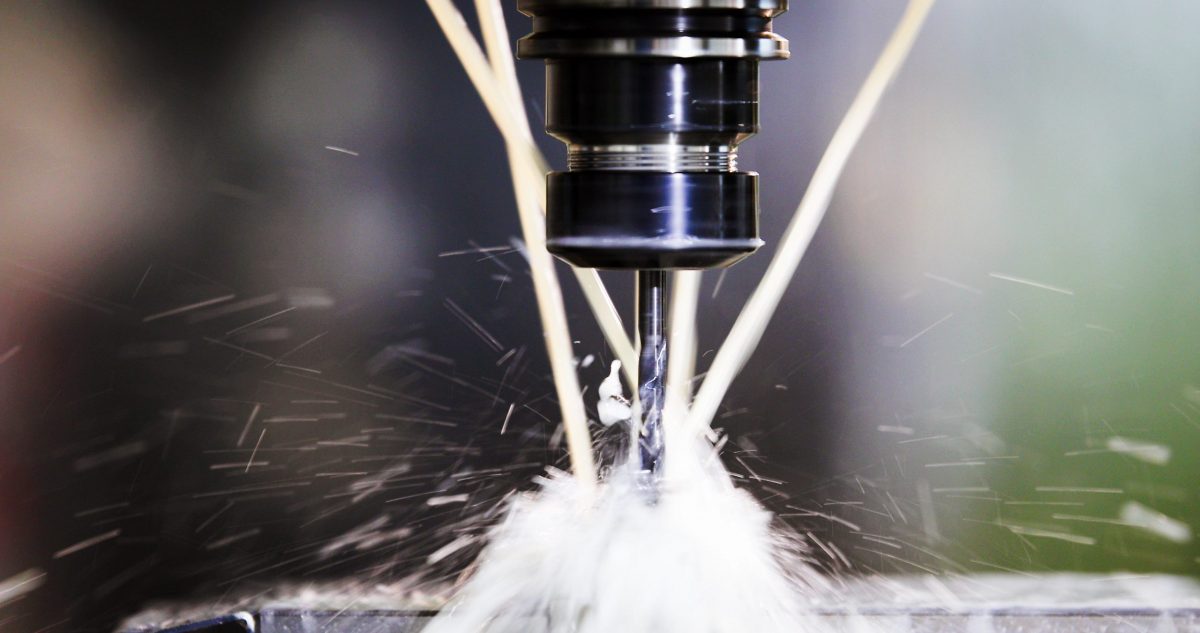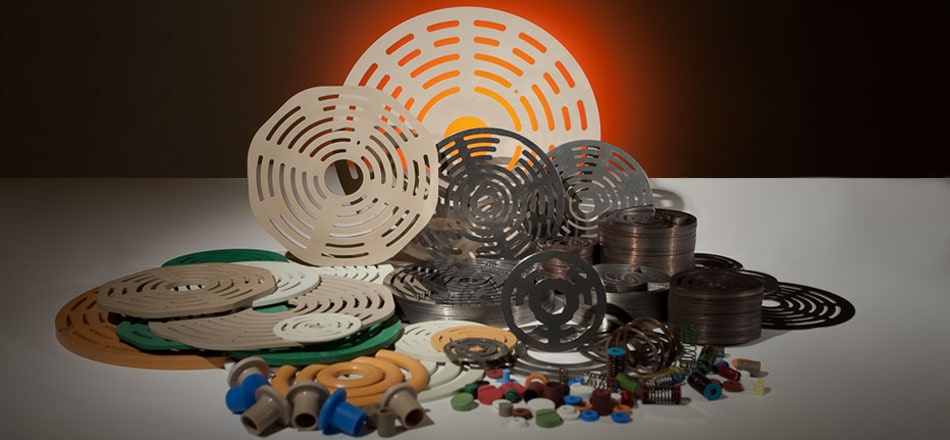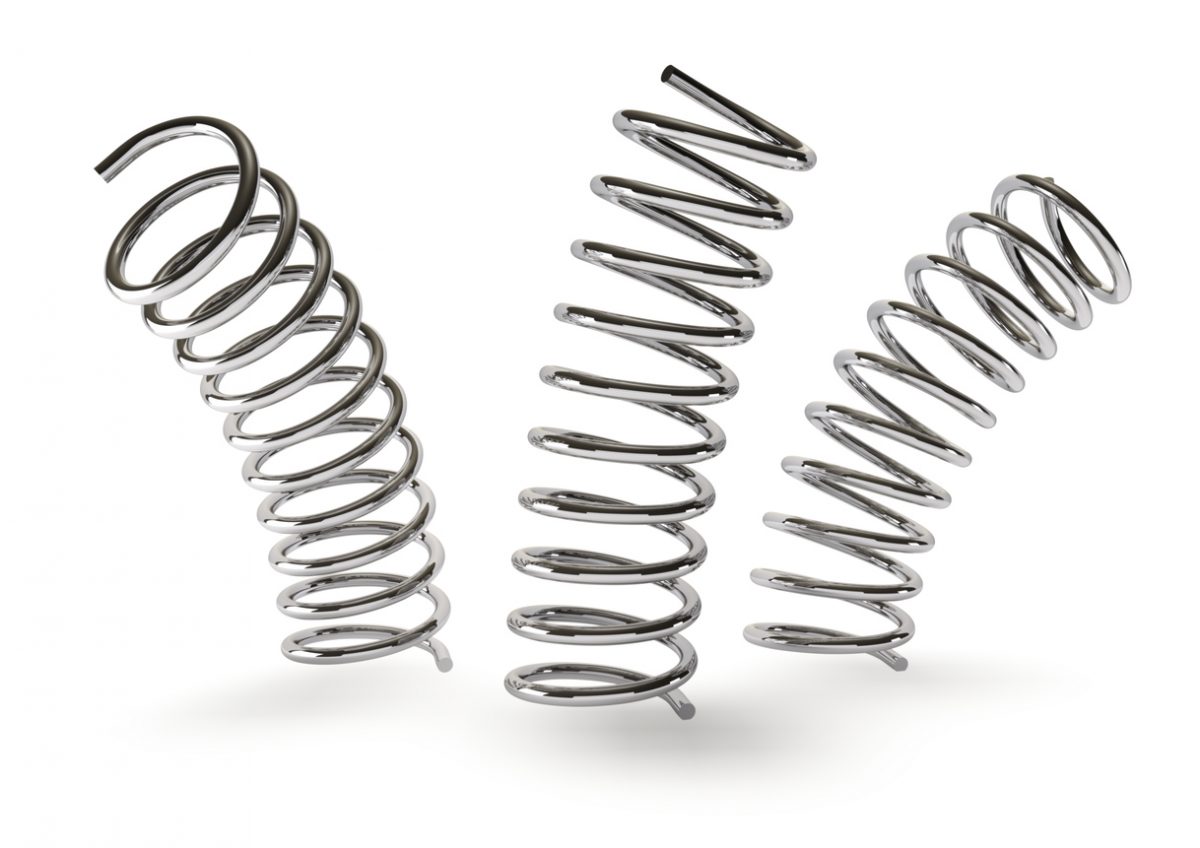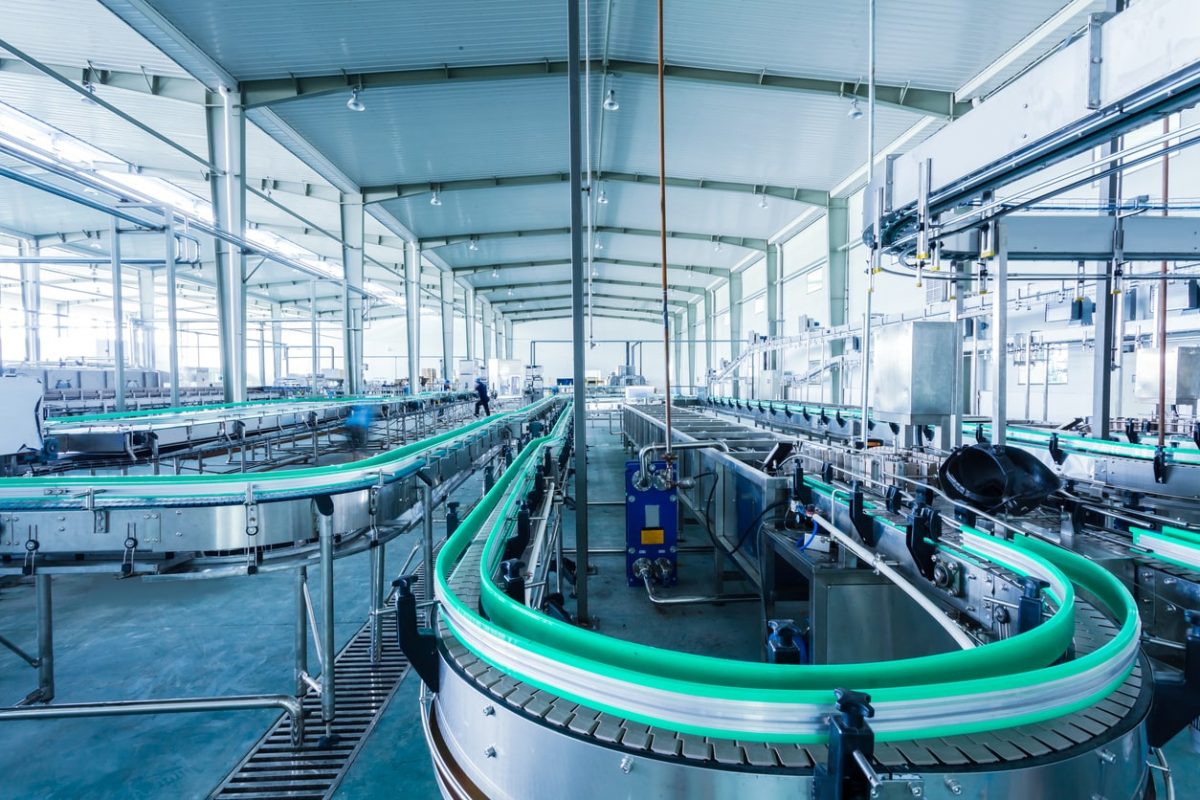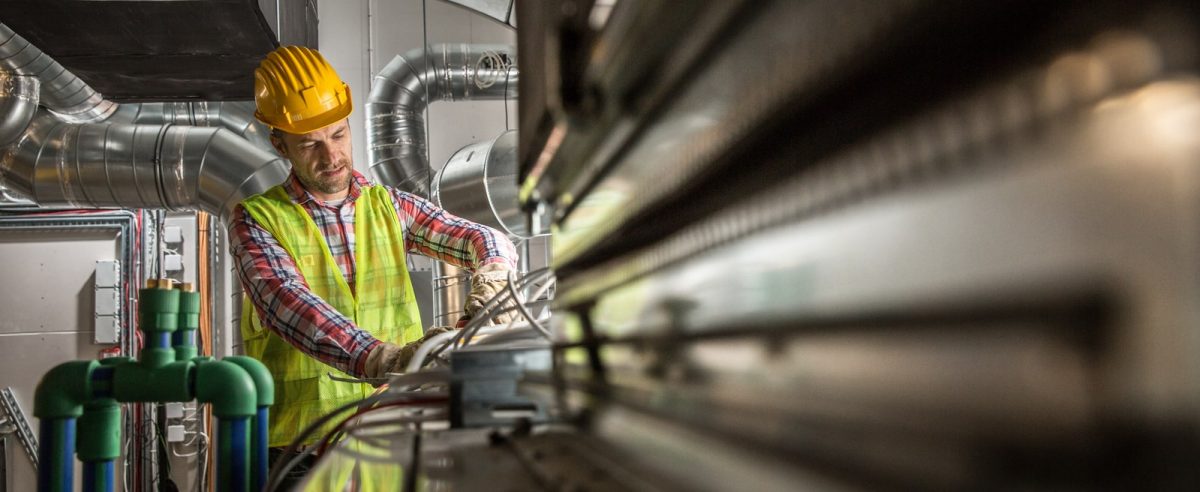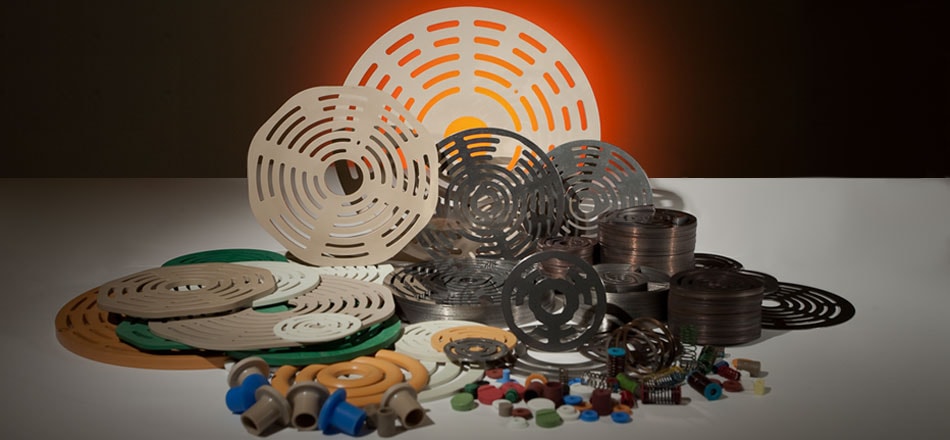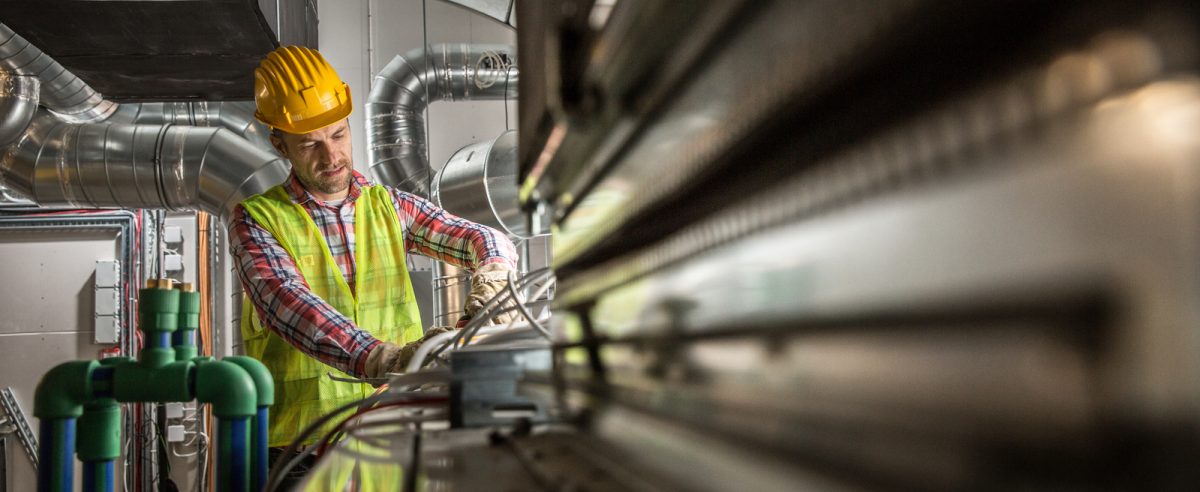Compressor Efficiency Formula: How to Maximize Performance
The compressor efficiency formula helps measure how effectively a compressor converts energy into useful output. By calculating the ratio of ideal to actual power, businesses can identify inefficiencies, reduce energy waste, and enhance performance. Understanding and applying this formula is key to optimizing compressor operations and maximizing overall efficiency. Introduction…
How Does a Compressor Work?
How does a compressor work? A compressor operates by drawing in gas, compressing it to a higher pressure, and then releasing it for use in various applications. This process can be achieved through pistons, rotating screws, or high-speed impellers. Understanding how a compressor works helps optimize performance and efficiency across…
Injection Mold Design: Key Factors in Plastic Part Production
Injection mold design is the process of creating molds used to shape molten plastic into precise, high-quality parts. It involves factors like material selection, cooling systems, and manufacturability to ensure efficiency and durability. Advanced technologies like 3D printing and CAD have enhanced the accuracy and complexity of injection mold designs,…
Compressor Parts: Key Considerations for Superior Product Design
Product design is the process of creating and optimizing products to meet user needs, combining functionality, aesthetics, and innovation. It involves material selection, precision engineering, and sustainability considerations to ensure reliability, efficiency, and environmental compatibility. Effective product design enhances performance, durability, and user satisfaction while addressing modern challenges and industry…
How Do Springs Work?
How do springs work? Springs store energy through the deformation of their elastic material when subjected to force. They compress, extend, or twist, depending on their design, and return to their original shape when the force is removed, converting stored potential energy into kinetic energy. This fundamental mechanism enables their…
Compressor Thermodynamics Explained: Key Principles and Applications
Compressor thermodynamics explores the principles of pressure, volume, and temperature changes during compression. Understanding these processes—such as isothermal, adiabatic, and polytropic compression—enhances system efficiency, reduces energy loss, and ensures reliable performance. Proper thermodynamic analysis is essential for optimizing compressors in industrial, energy, and HVAC applications. Introduction Understanding compressor thermodynamics can…
When Could a Reciprocating Compressor Be Damaged?
When could a reciprocating compressor be damaged? A reciprocating compressor could be damaged by overheating, improper lubrication, excessive pressure, contamination, misalignment, or neglecting routine maintenance. These factors strain critical components, leading to inefficiency or failure. Identifying early warning signs and adhering to maintenance schedules are essential for preventing costly damage…
Gaskets, Seals, and Bearings: Small Parts with Big Roles in Reciprocating Compressors
Gaskets, seals, and bearings are critical components in mechanical systems, ensuring efficiency and longevity. Gaskets prevent fluid or gas leaks between surfaces, seals protect against contamination and maintain pressure, while bearings reduce friction and support motion. Together, they play a vital role in maintaining performance and reliability across various applications.…
Optimizing Reciprocating Energy Efficiency Through Compressor Component Care
Reciprocating energy refers to the back-and-forth motion in mechanical systems that generates or transfers power efficiently. This principle is fundamental in devices like reciprocating compressors, converting linear motion into usable energy for various applications. Its versatility and precision make it essential in industries requiring consistent and reliable energy output. Reciprocating…

